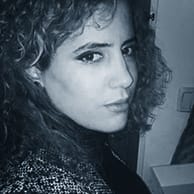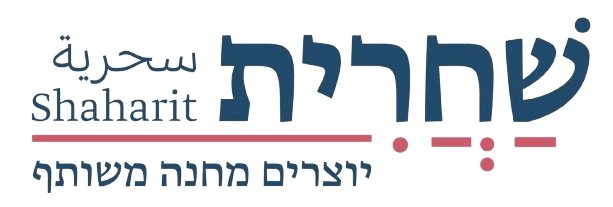Creating Common Cause
The Shaharit Institute is a think-and-do tank dedicated to the common good of all of the diverse communities of Israeli society. We combine the conceptual infrastructure, diverse leadership reserve, and training for community organizers and social entrepreneurs. We are fostering a new social partnership between all communities in Israeli society, to build a shared future. We believe this future begins with building relationships across the divides, based on empathy, trust, and a genuine desire to listen and collaborate.
Our intellectual department seeks to integrate all of Israel’s diverse communities and their worldviews into one complete mosaic. We are building the conceptual groundwork for a new shared space that contains Israeli society’s unabashed diversity, differences, and complexity, and which at the same time is a space where everyone feels “at home.” In meetings, gatherings, programs, and publications, we confront the disagreements, the various interests, and societal power relations. Out of these discussions come new ideas to advance the common good.
Our flagship program KiTov—a program that seeks to identify trailblazers who know how to combine thought and action, and who understand that internal polarization is the central and most concrete threat that Israel faces. The participants are a diverse group, proportionally representative of Israeli society in terms of their identities and positions on the core issues.
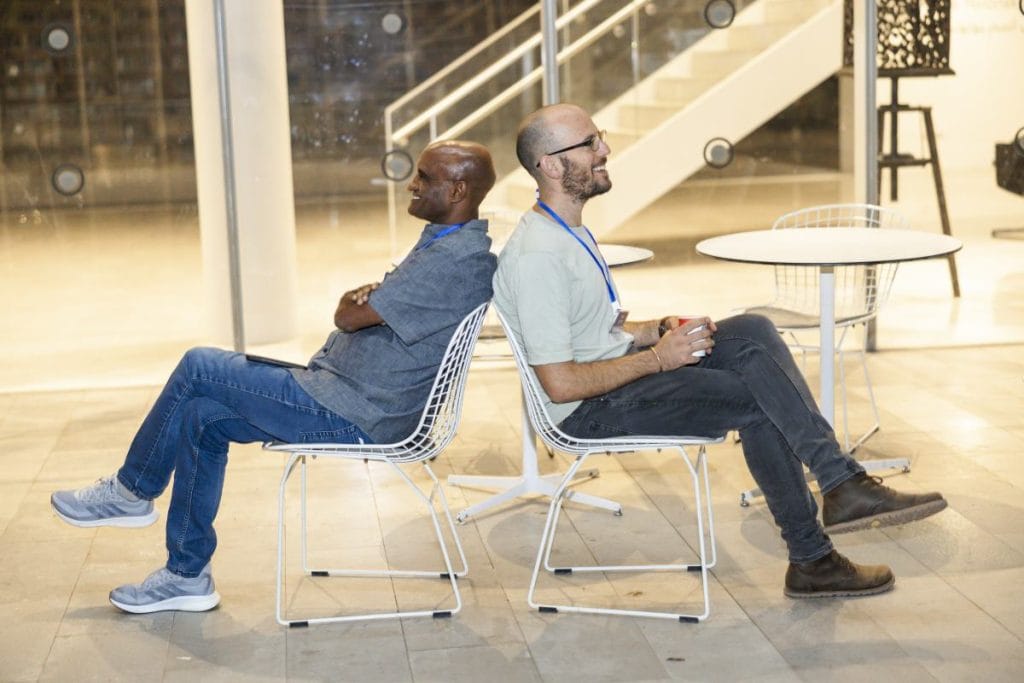
“If we have displayed solidarity in war, we need to learn to create solidarity in less tense times, in a shared democratic framework. It’s impossible to defend democracy only through legislation or building fortifications around institutions.”
“No Utopian Visions, No Absolute Ideologies”
Since 2012, Shaharit has created platforms that enable a space for action for many communities and work groups. These groups represent the diversity of Israeli society and discuss the critical issues in building common cause between distinct groups in society.
Shaharit’s work circles operate in various fields related to the public agenda in Israeli society. They greatly expand our work space and help create social capital that promotes our purpose. These circles led to the formation of social movements, conferences, documents, and position papers, which we use to advance our research and learning. Alumni of the various programs and working groups become ambassadors of the common good in their communities, and help us continue to expand our circle of partners.
أركان | Arkan
Arab Israeli Leadership
The Traditional Network
Traditional Mizrahi Zionism
The 120 Program locates, networks, and promotes Israel's political reserve, the next generation of members of the Knesset, who want to, can, and know how to lead Israeli society in the 21st century.
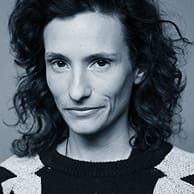
Anat Nir
Cohort 4Anat Nir
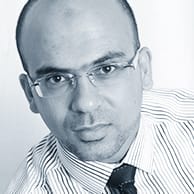
Wissam Gana’aim
Cohort 4Wissam Gana'aim

Roei Ben-tolila
Cohort 2Roei Ben-tolila
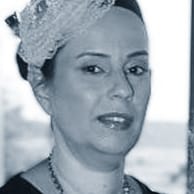
Miri Shalem
Cohort 1Miri Shalem
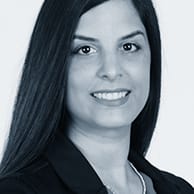
Rotem Cohen Kahlon
Cohort 5Rotem Cohen Kahlon
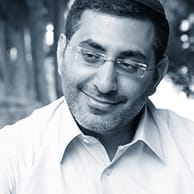
David Menachem
Cohort 1David Menachem
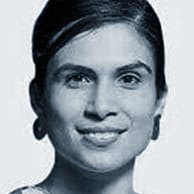
Yael Ama”r Tolub
Cohort 4Yael Ama"r Tolub

Carmen Elmakiyes
Cohort 1Carmen Elmakiyes
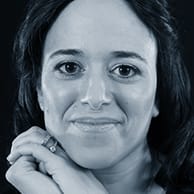
Dr. Nachumi Yaffe
Cohort 3Dr. Nachumi Yaffe
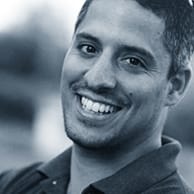
Avi Asaban
Cohort 1Avi Asaban

Kasa Gettoo
Cohort 2Kasa Gettoo
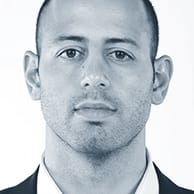
Eliran Gafso
Cohort 5Eliran Gafso
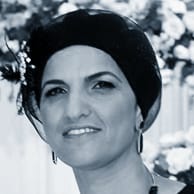
Liat Malka
Cohort 2Liat Malka
